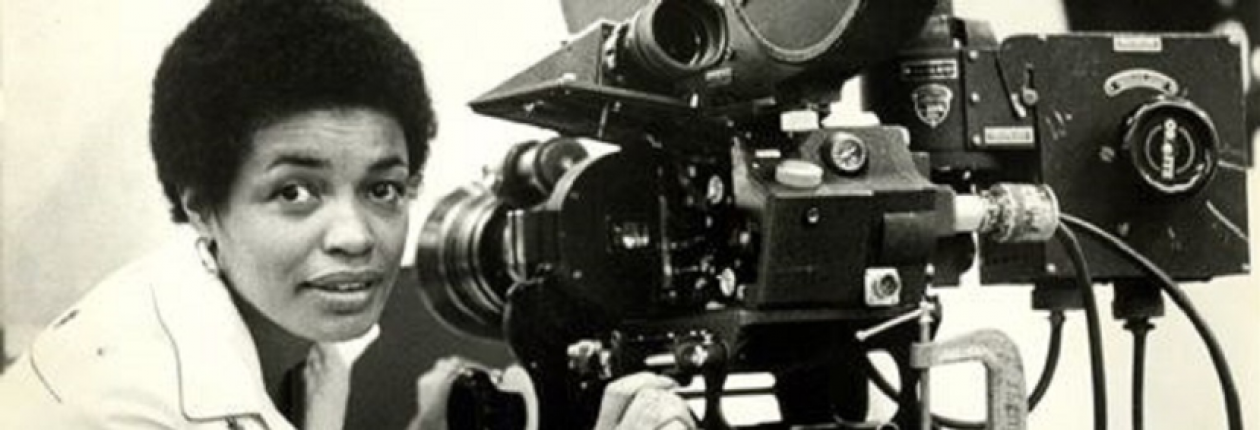Awarded 7 Oscars, including Best Picture, the Golden Globe for Best Motion Picture, (IMDB) and boasting a 98% rating on Rotten Tomatoes, Lawrence of Arabia is regarded as one of the greatest and most important films in cinematic history. Released in 1962, Lawrence of Arabia has since endured ever-changing social and political landscapes, which inevitably impact the ways in which the film is interpreted. More recently, the film has been dubbed an “Anti-imperialist, Orientalist Epic,” (Caton) recognizing it’s temporally progressive critique on colonialism while also indulging in Orientalist ways of knowing. The protagonist, a WWI era British officer T.E. Lawrence is chosen to oversee the Arabs’ revolt against the Ottoman Empire, as he is well educated in the region and the Arabic language. The zealous T.E Lawrence soon becomes consumed by Arab culture, abandoning parts of his English identity while retaining his sense of western, white superiority over his Arab peers.
The white savior complex in film is the narrative of a white person rescuing people of color (POC) from their experienced oppression. This narrative is commonly coupled with the stereotyping and flattening of POC characters, suggesting that the white character gives breadth and totality to the POC characters. These themes are alluded to in the articles written by Gignac and McMahon about The Revenant, as they comment on the POC presence in the film being defined by “tired tropes,” (McMahon) and how the “indigeneity seems ultimately subservient to the white protagonist.” (Gignac) The similar use of stereotypes and tropes is explicit in Lawrence of Arabia’s portrayal of Arabs. The film reduces their characters by situating them in a subordinate, auxiliary role within Lawrence’s life and the movie. It is understood that without Lawrence’s aryan leadership, the Arabs wouldn’t stand a chance against the Turks. Lawrence becomes responsible for the critical thinking and leadership necessary to lead an army, as the Arabs could not handle this themselves.
Like a buffet, Lawrence chooses the things he wants from Arab culture, while still retaining his sense of superiority and preeminence over the “cruel and barbarous” Arabs. There is internal dissonance in the fact that Lawrence so desperately wants to belong to a culture he feels is below him in many ways. In the end, Lawrence realizes the fault in his role-playing, feels shameful in his empty acculturation, adding a dimension that is not always seen in the white savior narrative. Although he comes to some sort of revelation, the white savior narrative is still prevalent and important in understanding the impact of this international epic.
The othering of POC, especially those from the Eastern and Middle Eastern parts of the world is a systemic process of knowledge and power that has been embedded in global society for decades. Although it is more critical of imperialism and colonialism than other media of its time, it still contains orientalist coding through the portrayal of Arab and other middle eastern people’s as uncivilized and backward through their depicted inadequate strategic thinking and problem-solving. Because of its high stature and characterization as one of the first International Films (in regards to international production, filming, actors, etc), it should be scrutinized for is impact on international implications of knowledge and power. Greg Smith discusses the deliberate intention behind film production and states, “all cultural products carry cultural meaning.” (Smith, 132) Lawrence of Arabia was purposefully created and edited this way and therefore gives license to its critics. It is important to revisit Lawrence of Arabia and similar movies with each decade to further understand its role in the early and modern postcolonial world

Works Cited
Caton, Steven. “Lawrence of Arabia.” Oxford Index, 1999, doi:10.1525/california/9780520210820.001.0001.
Gignac, Julien. “The Revenant’s White-Saviour Complex.” The Globe and Mail, The Globe and Mail, 16 May 2018, http://www.theglobeandmail.com/arts/film/the-revenants-white-saviour-complex/article28320619/.
“Lawrence of Arabia.” IMDb, IMDb.com, http://www.imdb.com/title/tt0056172/plotsummary?ref_=tt_stry_pl.
McMahon, Ryan. “Indigenous People’s Stories Need More than Just Leonardo DiCaprio’s Speech.” Vice, Vice, 11 Jan. 2016, http://www.vice.com/en_us/article/kwx53z/indigenous-peoples-stories-need-more-than-just-leonardo-dicaprios-speech.
Smith, Greg M. “‘It’s Just a Movie’: A Teaching Essay for Introductory Media Classes.” Cinema Journal, vol. 41, no. 1, 2001, pp. 127–134., doi:10.1353/cj.2001.0025.

